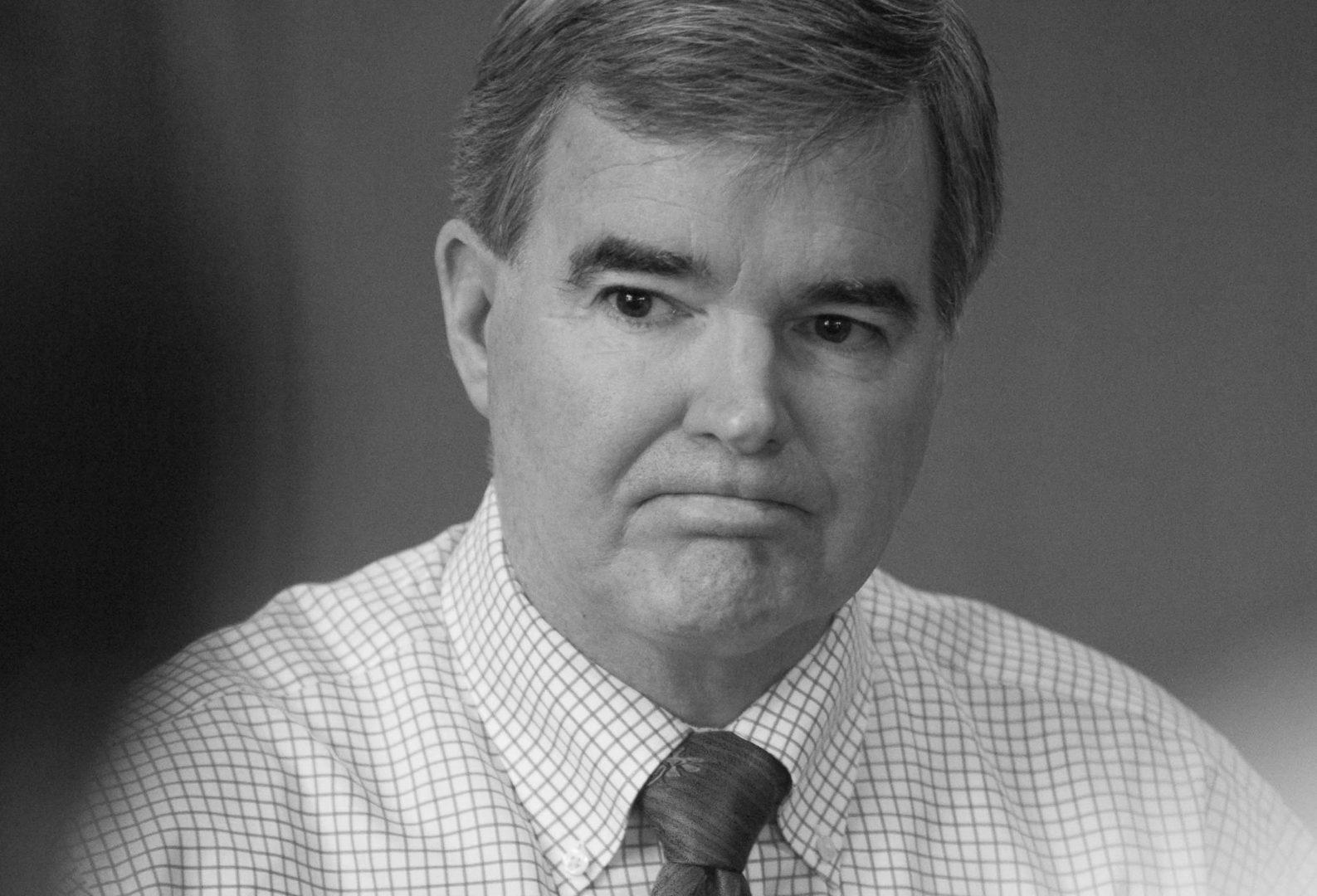Can you imagine Ronnie Rivers slicing through a defense like a 2019 Jaguar in the new Haron Jaguar campaign? Or how about Nate Grimes dunking on high interest rates in the latest Educational Employees Credit Union TV spot?
These lucrative opportunities may be in the near future for Fresno State student-athletes and California student-athletes in general, as California Senate Bill 206 passed with a landslide vote of 72-0 last week.
The bill, previously named the Fair Pay to Play Act, is currently sitting on the desk of Gov. Gavin Newsom awaiting approval, which would finally allow athletes to profit from their name, image and likeness if the bill is passed into law.
If the bill passes, it would take effect January 1, 2023, finally stopping the NCAA from having the power to bar universities from competition if its athletes were represented by agents and compensated for the use of their name, image or likeness. The current NCAA rules prohibits all practices mentioned.
At the stroke of a pen, the NCAA can quickly go from the powerhouse organization that fiscally profits on the exploitation of student-athletes, making $1.1 billion in 2017, according to an annual audit statement released by the NCAA, to sharing a percentage of their enormous pie with a group of athletes that risk their health every time they step on a playing field.
The NCAA, in an attempt to continue its monopolistic stranglehold, sent a letter to Newsom “warning” him that passing state legislation allowing college athletes to be paid for the use of their name, image and likeness would be “unconstitutional.”
The letter was sent on the basis that California SB 206 would upend the balance of a “level playing field” for all student athletes, stating, “If the bill becomes law and California’s 58 NCAA schools are compelled to allow an unrestricted name, image and likeness scheme, it would erase the critical distinction between college and professional athletics and, because it gives those schools an unfair recruiting advantage, would result in them eventually being unable to compete in NCAA competitions.”
The motive behind the letter signed by NCAA President Mark Emmert ”” who made $2.9 million in salary in 2018 ”” and 21 other members of the organization, is that they feel the need to strike down this idea and put pressure on Newsom out of fear.
The NCAA fears that other states will join California in an effort to allow players to be paid while playing and would cause a domino effect that would kill the NCAA restraints, creating what they consider an “unbalanced playing field.” Which, if you are keen to the goings on of college football, already exists.
This marks the second time Emmert has written a letter regarding his thoughts on California SB 206, the first taking place earlier this year in which he addressed committee chairs with what was essentially a threat to ban all California schools from postseason play.
“Nonetheless, when contrasted with current NCAA rules. As drafted, the bill threatens to alter materially the principles of intercollegiate athletics and create local differences that would make it impossible to host fair national championships,” Emmert said in his June letter. “As a result, it likely would have a negative impact on the exact student-athletes it intends to assist.”
This divisive topic has many people choosing sides on what they believe is right, and luckily, in the past few weeks, the media has been blessed with comments from essentially two very different sides of the spectrum.
Los Angeles Lakers star LeBron James tweeted his support of the passing of California SB 206 stating, “Everyone in California — call your politicians and tell them to support California SB 206! This law is a GAME CHANGER. College athletes can responsibly get paid for what they do and the billions they create.”
While former University of Florida star quarterback and God’s best friend Tim Tebow felt very differently about the subject of California SB 206, appearing on ESPN’s “First Take” vehemently striking down the disgusting thought of student-athletes gaining any incentives beyond school pride in exchange for their bodies.
“If I could support my team, support my college, support my university, that is what it is all about,” Tebow said. “To then [saying], ‘Okay it is not about us, it is not about we, it is just about me.’ And yes, I know we live in a selfish culture where it is all about us, but we’re just adding and piling it on to that, where it changes what is special about college football.”
Both statements showcase what each side of the argument thinks about the proposed bill, with one saying that student-athletes deserve every penny they can make off of the effort they give as an athlete, and the other saying that the thought of being paid as a professional is incentive enough and something to strive for.
Ultimately, the side fans pick will lie with which way their morals and values line up. But keep in mind what was also in the letter by the NCAA, stating, “The NCAA continues to focus on the best interests of all student-athletes nationwide.”
That statement exemplifies both sides of the argument, and if you are still looking for a side to support, think about how gross you feel when you hear that statement being read aloud, and you’ll find your answer.
My take is pay the athletes, but the main reasoning is that I am just selfish and would give anything to be able to play NCAA Football 2020.




